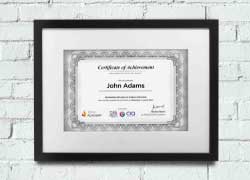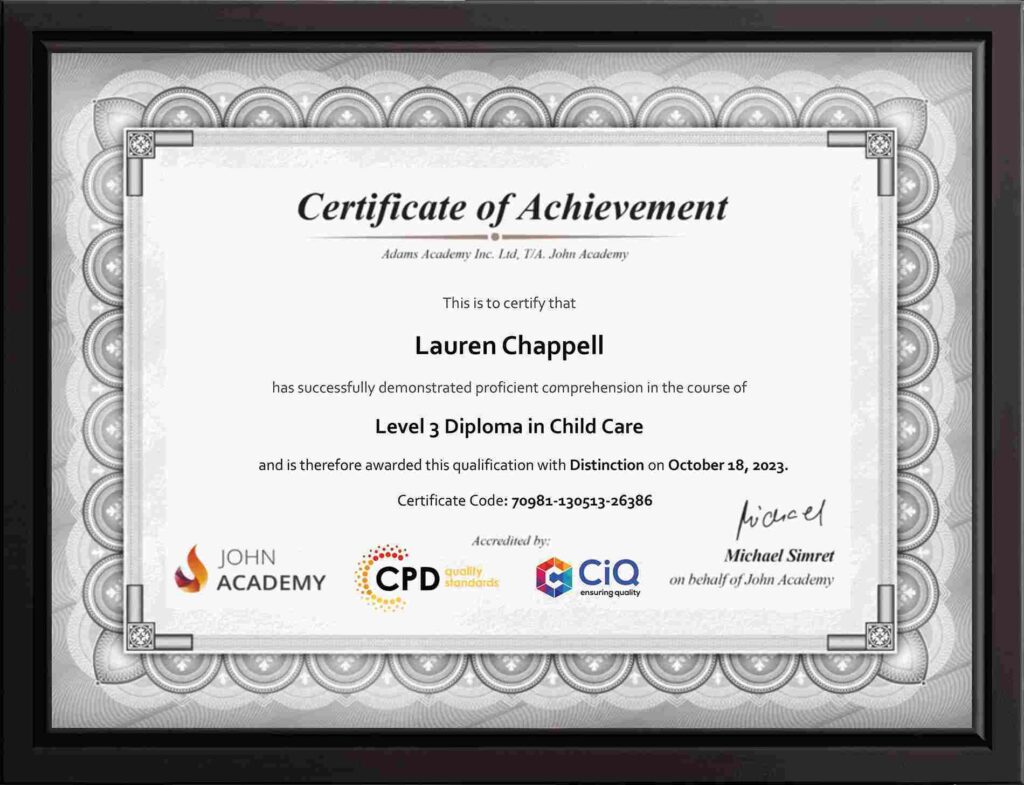
Studying effectively is crucial to academic success. Whether you’re in secondary school, college, or university, employing smart study strategies can help you fully understand course material, retain more information, achieve higher grades, and make the most of your education. This article outlines eight practical tips to boost your study effectiveness.
1. Make Flashcards
Flashcards are one of the most basic yet effective study tools. Handwriting flashcards force you to actively recall and write down key terms, dates, formulas, or concepts from memory. Making your flashcards ensures you distil the information to the most important points. Use flashcards to self-test your knowledge, which helps reinforce memory through active recall. Colour coding flashcard topics aids further memorisation.
2. Make Infographic Posters
What is an infographic poster? It is an information graphic presented in a poster format to visualise complex ideas and data clearly. Infographic posters use minimal text, creative designs, colour schemes, and engaging imagery to showcase facts. As the best dissertation writers from EssayShark.com point out, such content assets can influence your academic assessments by far. When learning information via visuals, we activate specific areas in the brain, responsible for memory: Given the human brain processes 70% of information through visuals and only 10% through facts, infographic posters are a surefire way to remember the study material. Creating infographics helps reinforce key learnings visually. Transforming heavy textbook chapters into colourful infographic posters clarifies and condenses vast information.
3. Teach Concepts to Others
Explaining what you’re learning to classmates forces you to articulate concepts thoroughly. Organising information well enough to teach someone else requires analysing the content at a deeper level to build connections. You identify and fill your own knowledge gaps in understanding material more completely. Teaching friends over video chat or in person elevates your learning and can be a great way to deepen your understanding of a specific topic.
4. Use Mnemonic Devices
Mnemonic devices help encode information using wordplay, acronyms or rhymes. Linking something you already know to new material through memorable mnemonics boosts retention dramatically. For example, memorising the planets based on the silly phrase “My Very Educated Mother Just Served Us Noodles” works since it forms the first letter of each planet in order. Harnessing mnemonic techniques gives you easy access cues for better recall.
5. Annotate While Reading
Annotating textbooks or class readings actively engages you in written material, forcing you to think critically about what you read versus passively skimming words. Underline or highlight key passages, take notes in the margins summarising important concepts in your own words, and jot down questions. Circling unfamiliar vocabulary to define later increases comprehension. This active reading prevents zoning out and allows you to more easily locate and review notable information later when studying or writing papers.
6. Self-Test with Practice Problems
Applying knowledge truly cements learning. After covering textbook chapters or lecture slides, self-testing aids retention by retrieving that information to answer practice problems or questions from past exams, if available. Start test prep by studying early, creating your own quizzes and flashcards, or by working through test banks in textbooks. Use proper exam techniques, including timed conditions and prohibiting external resources to simulate the real exam experience.
7. Stay Organised
Juggling courses, assignments, tests, and daily to-do lists gets hectic fast and falling behind can be difficult to recover from. To prevent this from happening, take the time to visually map obligations and deadlines in one spot using organisational systems like calendars and planners. Cross tasks off your list as accomplished for mental satisfaction. Ensure your study space remains tidy so you can quickly find the books or notes needed. Know your exam timetable and begin prepping accordingly based on how much information requires revision. Finally, remove digital distractions from your study zone by disabling Wi-Fi on devices and apps or using website blockers.
8. Take Smart Notes
Consistently taking tidy, legible notes during lectures focused on overarching themes rather than trying to transcribe everything spoken verbatim provides an invaluable study asset. Leave wide margins and gaps between main points to enable highlighting and supplementing with related points later. Rule essential vocabulary worth memorising through spaced repetition. Condense what is said into key statements rather than full sentences using bullets, abbreviations or symbols. Transcribe the notes soon after lectures to decipher any illegible handwriting and reinforce the content while it’s still fresh in your memory.
Closing note
Implementing even a handful of these effective study strategies will vastly improve your learning productivity, depth of understanding, and academic performance. It’s a good idea to test different methods and use what works best tailored to your classes, learning style and abilities. And remember not to procrastinate! Apply a dedicated, studious approach consistently rather than racing to cram material at the last minute before exams if you want to reach your scholarly potential while keeping stress at bay.




